1° Edition - 2022
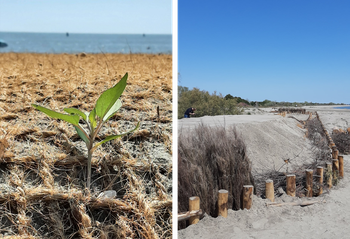
The summer school was centred around the EU-funded projects OPERANDUM (Open-Air Laboratories for Nature-based Solutions to manage environmental risk) and PHUSICOS - "According to Nature" that aim to co-design, implement and assess the effectiveness of Nature-based Solutions to hydro-meteorological hazards (flooding, erosion, landslides, drought...) in several case study sites. The school was tailored around the profile of a PhD student and early career scientist and provided the knowledge basis for the application of NBS to mitigate hydro-meteo risks in future climate.
Learning Objectives
- Understand the rationale of NBS for hydro-meteorological hazards and their benefits
- Discuss drivers of hydro-meteorological risks in a changing climate
- Select potential NBS for specific hydro-meteorological hazards
- Familiarize with modelling and monitoring methodologies to assess the efficacy of NBS
- Identify the key elements of the co-creation and replication of NBS (stakeholder engagement strategy, co-design and co-deployment process, dissemination, and replication activities)
- Work in interdisciplinary projects, address environmental topics using the socio-ecological approach
Course outline
This summer school aimed to provide PhD students and early career scientists with a knowledge basis for applying NBS to mitigate hydro-meteo risks. Participants explored the definition and classification of NBS, methodologies for monitoring and modelling the intervention, methodologies for risk assessment in socio-ecological systems, and the co-creation process. The training program consisted of field visits, lectures from recognized scientists and OPERANDUM and PHUSICOS partners, discussions with local stakeholders, and independent group work on a case site. The summer school included a field trip to one of the EU Open-Air Laboratory, Volano Beach (Italy), and the introduction to the GeoIKP Platform for best practices and applications of NBS.
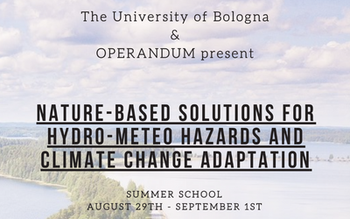
Program and Agenda
The training program consisted of lectures, a discussion with stakeholders, an independent working group and a field visit on a case site.
Album
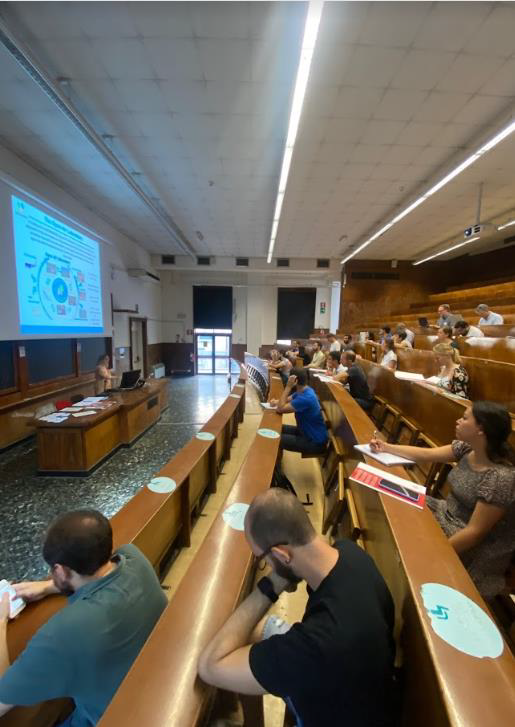
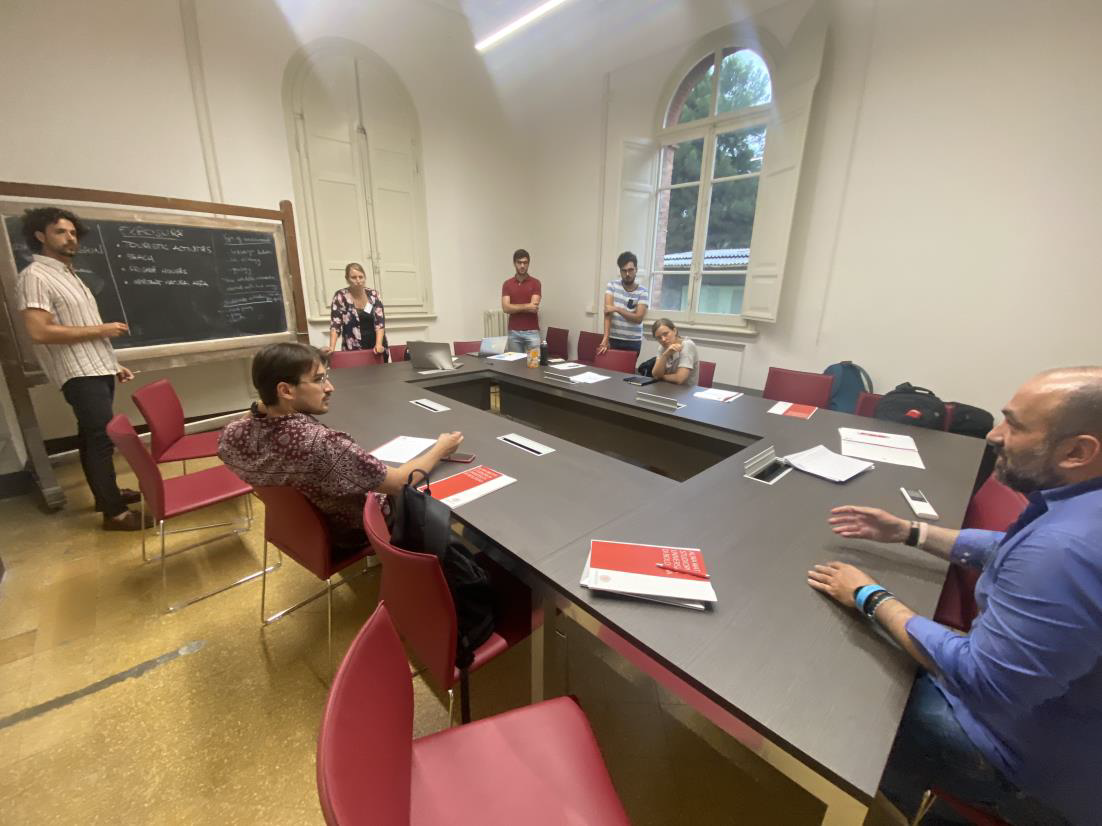
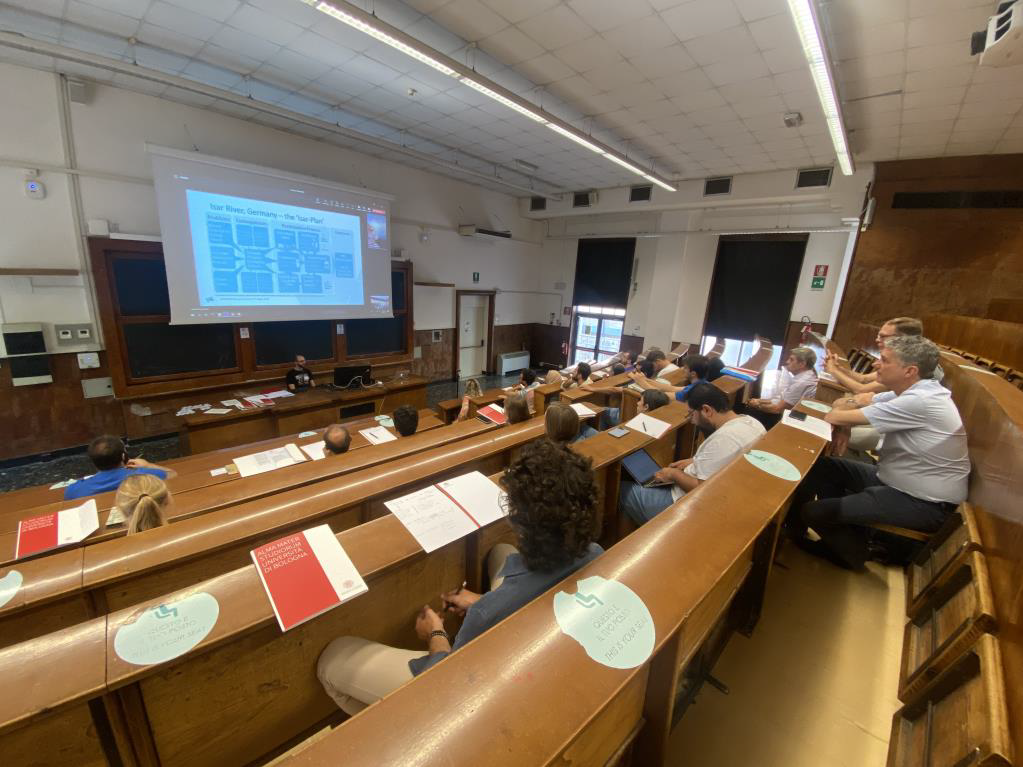
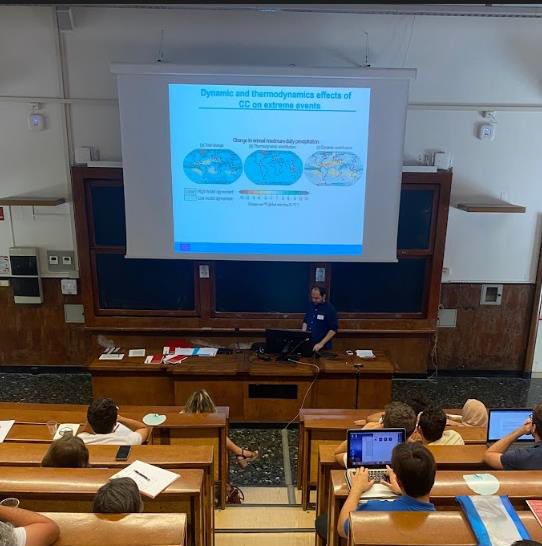
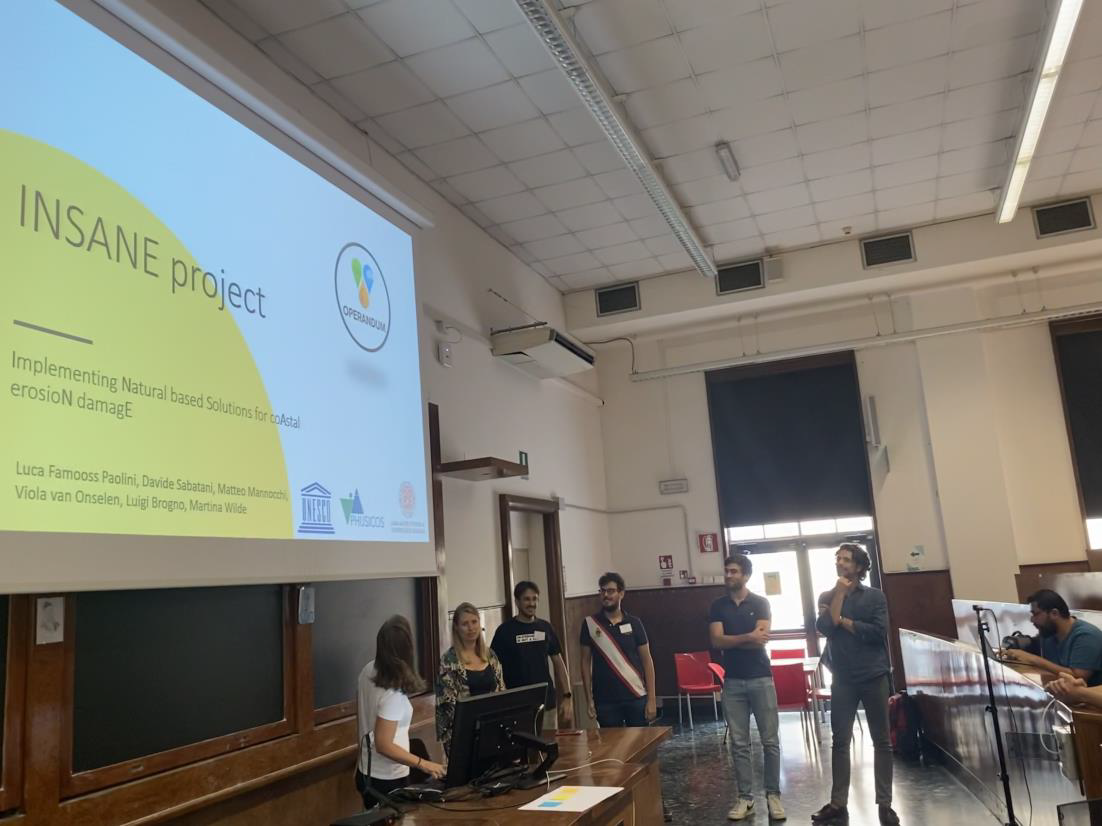
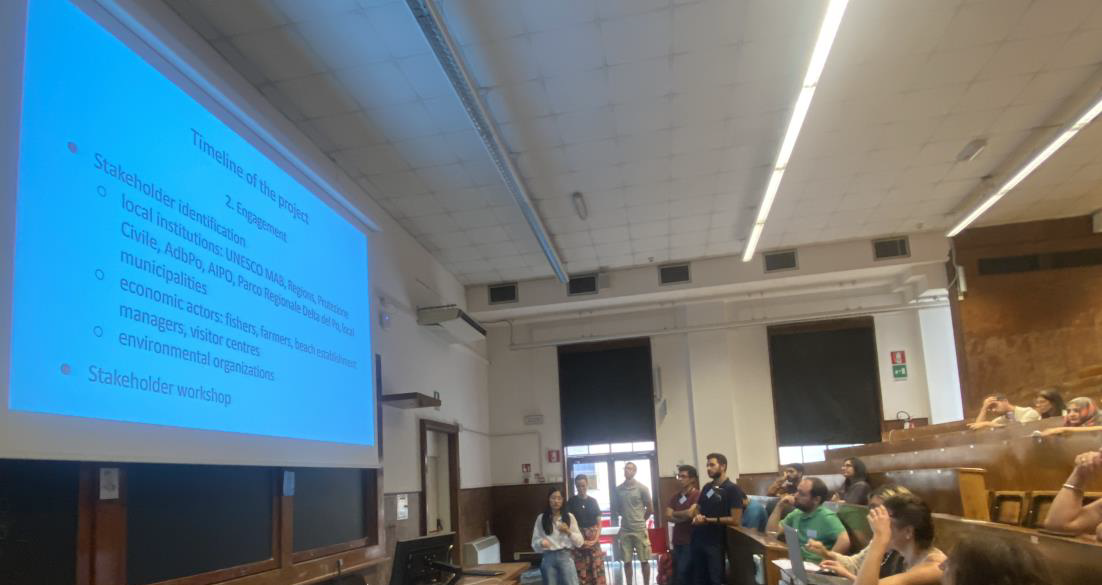
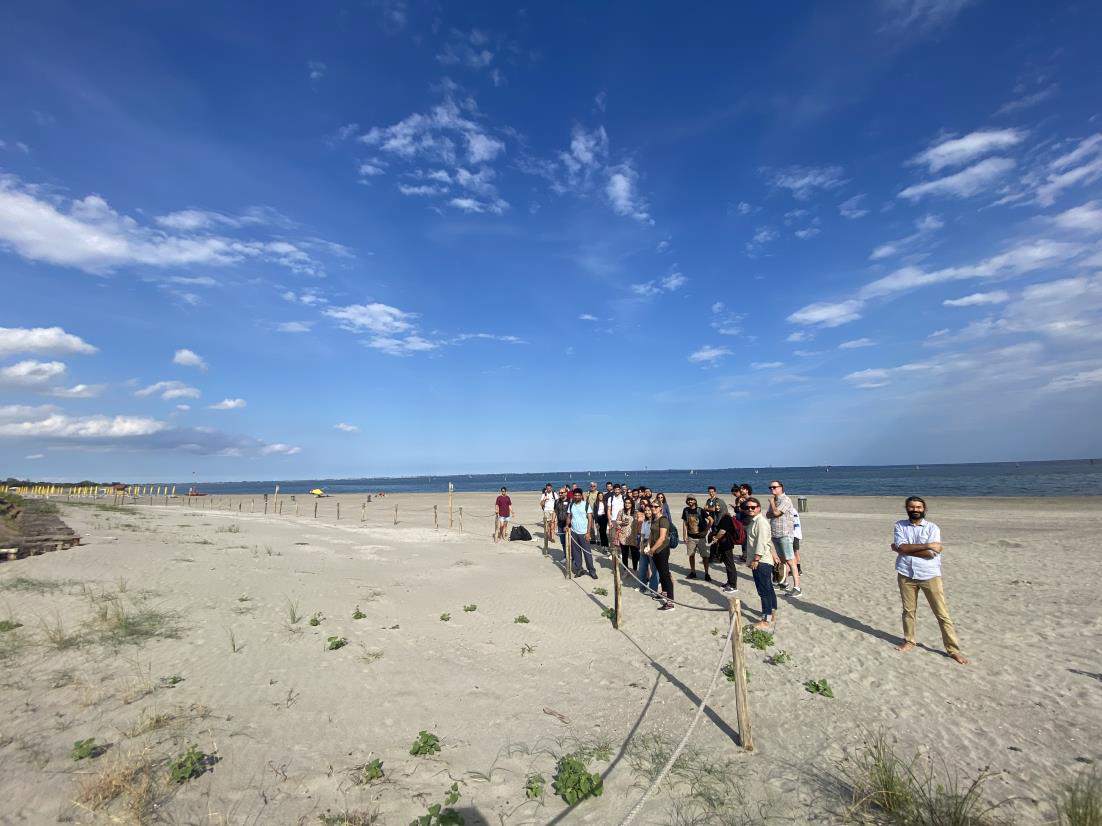
Organizer
Director: Prof. Silvana Di Sabatino (UNIBO)
Vice-Director: Dr. Irina Pavlova (UNESCO)
Organising committee: F. Barbano (UNIBO), T. Carlone (UNIBO), L. Leo (UNIBO), B. Pulvirenti (UNIBO), P. Ruggieri (UNIBO)
Evaluation committee: Z. Amirzada (UNESCO), F. Barbano (UNIBO), L. Leo (UNIBO), I. Pavlova (UNESCO), P. Ruggieri (UNIBO)
Involved Institutions
University of Bologna, UNESCO, Finnish Meteorological Institute, KAJO, RINA Consulting, University of Glasgow, Delft University of Technology, Norwegian Geotechnical Institute